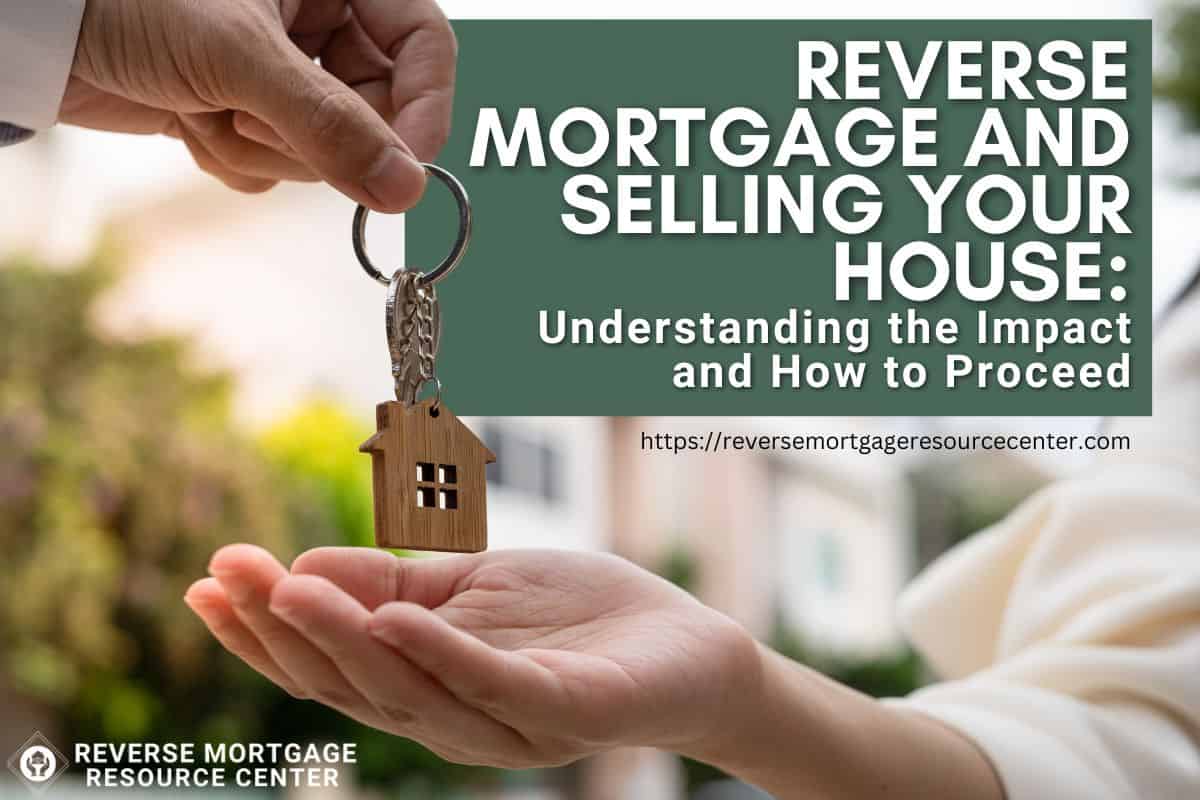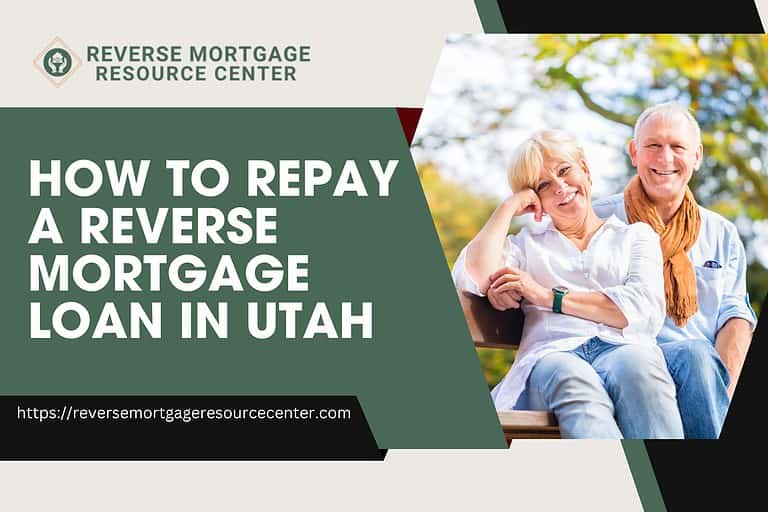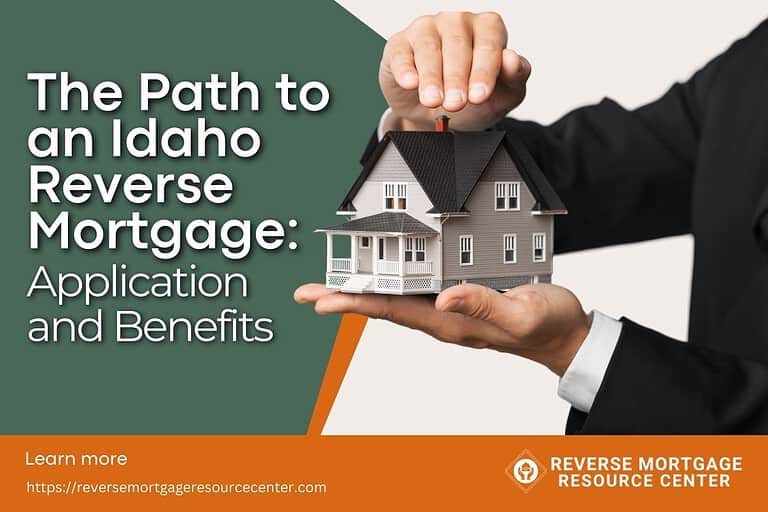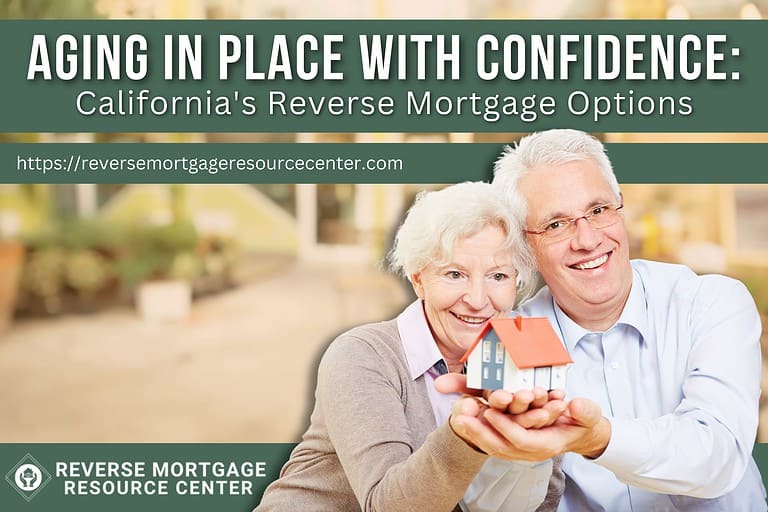Reverse Mortgage and Selling Your House: Understanding the Impact and How to Proceed
As we age, having a comfortable and secure retirement becomes increasingly important. For many homeowners, their home is their biggest asset, and tapping into its equity through a reverse mortgage can be a way to help ensure a stable financial future.
However, there are factors to consider when deciding whether to take out a reverse mortgage or sell your house, some of which can be complex and confusing.
Whether you’re looking to supplement your retirement income, pay off outstanding debts, or simplify your life, it’s important to understand both options and weigh their pros and cons before choosing.
So let’s dive into the world of reverse mortgages versus selling your home to explore the best way to turn your biggest asset into financial security.
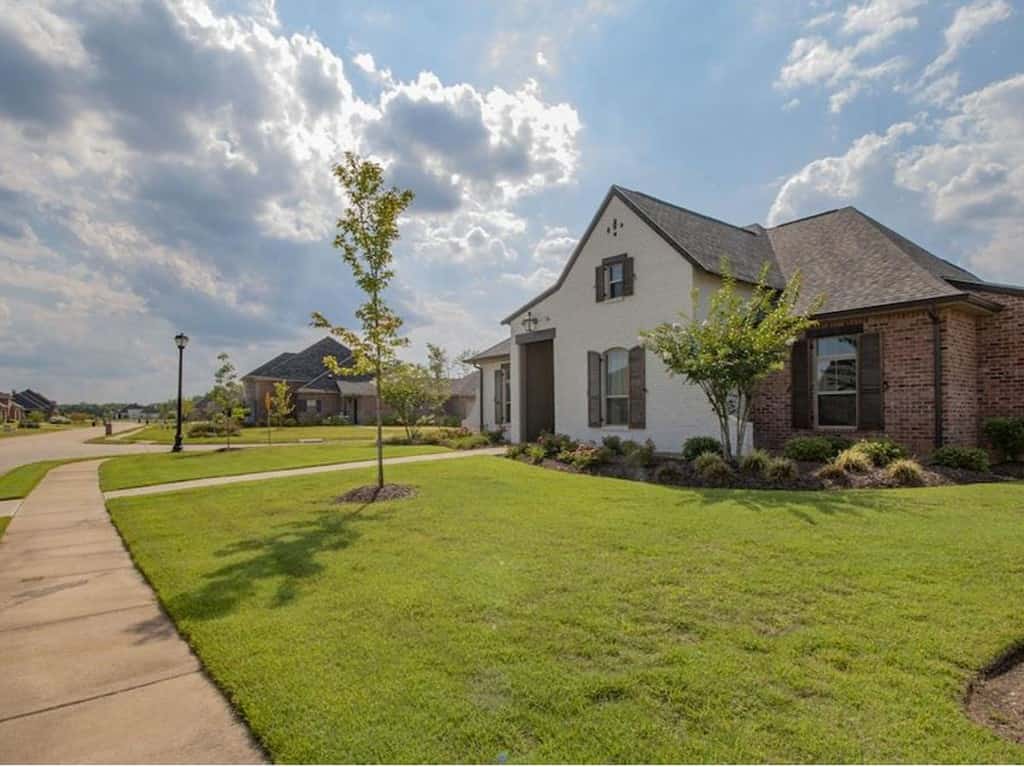
What Is A Reverse Mortgage?
A reverse mortgage is a unique type of loan that allows homeowners to access the equity in their home without having to sell it or make monthly payments. Instead, the loan balance is due and payable when either the borrower no longer occupies the residence, sells the home, or passes away.
This can be an attractive option for seniors who want to stay in their homes and want access to extra funds. With a reverse mortgage, there are options for receiving the funds depending on whether you want a lump sum, a line of credit, or regular payments.
It’s a flexible solution that can provide financial peace of mind, allowing you to enjoy your retirement without worrying about monthly mortgage payments.
Whether you’re looking to make home improvements, pay off other loans, have access to cash, or any other reasons, a reverse mortgage can help you achieve your financial goals and maintain your independence.
How Does A Reverse Mortgage Work?
A reverse mortgage lets you access your home’s equity, which is the difference between how much your home is worth and how much you still owe on your mortgage or other liens. Instead of sending monthly payments to a lender, you receive funds from the lender.
You can get the money all at once, over time, or in monthly payments. You don’t have to repay the loan until you no longer live in the home, have sold the home, or passed away. Until one of those occurs, you’ll still own the house, which means you’ll need to stay current on property taxes and homeowners insurance and maintain the property.
The amount of the loan will depend on things like how old you are, how much your home is worth, and the interest rates. A reverse mortgage can be a good choice for seniors who want to stay in their homes and have built up home equity, and it’s important to know the loan’s terms and how they might affect your estate or your heirs.
What Is Required for a Reverse Mortgage?
For homeowners aged 62 and over, a reverse mortgage might be a useful source of extra cash. Several criteria must be met before applying for a reverse mortgage. First, you must live in the property as your main residence.
Your age, the value of your property, and the interest rates at the time of application will all factor into how much equity is available. HUD requires you to attend a counseling session with a qualified counselor so you can ensure your heirs understand how it will affect your estate.
You need to maintain and repair the property and stay current on the payment of property taxes and homeowners insurance premiums. Because a reverse mortgage is a financial instrument, it’s crucial that you do your homework, familiarize yourself with the regulations, and consult with a lender before deciding whether or not to pursue one.
How Is a Reverse Mortgage Paid Back?
The reverse mortgage is repaid when no borrowers reside in the home, whether that be due to a move to another residence, selling the home, or passing away. This means you won’t have to make monthly loan payments, free up funds for other bills, or enjoy your retirement.
However, it is critical to note that the loan must be repaid at some point through the sale of the property or your estate. Once the property is sold, the borrower passes away, or the borrowers move to another residence, the loan amount, including interest and fees, must be repaid to the lender.
If the house is sold after your passing, and the home’s value is less than the loan amount, your estate or heirs will not be obligated to make the difference. Before taking out a reverse mortgage, it’s critical to understand the loan’s conditions and any possible effect on your estate or heirs.

Can I Sell a House As Is With a Reverse Mortgage?
When you sell a home “as is,” you don’t make any repairs or improvements. Instead, you sell it in its current state. There are a few things to remember when selling a house with a reverse mortgage. First, you should know that a reverse mortgage is a loan backed by your home.
You’ll have to pay back the loan, plus any interest and fees when you sell your home. If the home doesn’t sell for enough to pay off the loan, your estate or heirs won’t have to pay the difference.
With a reverse mortgage, you can sell a home “as is,” but the process can be more complicated than selling a traditional home. The reverse mortgage lender will have to agree to the sale, and you’ll need to work with a real estate agent to market the property and find a buyer.
The buyer will need to know that the property is being sold “as is” and may be in need of repairs or improvements. It’s important to be honest about the property’s condition and to set reasonable goals for the sale.
If you want to sell a home with a reverse mortgage “as is,” you should work with a real estate agent who knows about these kinds of sales and has done them before. They can help you figure out what to do and ensure everything goes smoothly and quickly.
Before making a decision, it’s also important to know the terms of your reverse mortgage loan, how it might affect your estate or your heirs, and your overall financial situation.
What Happens to Reverse Mortgage When Property Is Sold?
A few things must happen when a home is sold for the loan to be paid off. Just like any other type of loan on a home, the loan will need to be satisfied. First, you’ll need to work with a real estate agent to market the property and find a buyer.
Once the property is sold, the money from the sale will be used to pay off the reverse mortgage loan, including any interest and fees that have built up over time.
Upon the sale of the property, the reverse mortgage will be considered paid in full. A borrower’s estate or heirs will not have to pay any shortages should the sale price not cover the full loan balance. Because a reverse mortgage is a non-recourse loan, the lender can only get the money back by selling the property.
If you want to sell a property with a reverse mortgage, you should work with a real estate agent who knows about these kinds of sales and has done them before. They can help you figure out what to do and ensure everything goes smoothly and quickly.
Selling a property with a reverse mortgage isn’t complicated. They can go smoothly and quickly with the help of an experienced real estate agent. You can make a smart decision about selling your home and paying off your reverse mortgage loan if you know the loan terms and think about your financial situation and goals.
Can You Owe More Than the Home Is Worth with a Reverse Mortgage?
Yes, the loan balance on a reverse mortgage can be more than your home is worth. This can happen if the interest on the loan grows faster than the property’s value, the property isn’t well maintained causing a decrease in value, or you live longer than expected. When the property is sold for less than is owed, the lender cannot collect any shortages from your heirs, and the loan is considered paid in full.
It’s important to know that a reverse mortgage is a loan backed by your home. This means that when you sell your home, you’ll have to pay back the loan, plus any interest and fees.
Can You Sell a House with a Reverse Mortgage if the Owners Have Passed Away?
Selling a home with a reverse mortgage is just as simple as selling a home with a traditional mortgage. A reverse mortgage is a loan that allows homeowners over the age of 62 to access the equity in their home, which must be paid back when the borrowers no longer reside in the residence, the property is sold, or the owners pass away.
If the owners pass away, the home may need to be sold to pay off the reverse mortgage and any outstanding debts. While this can be a challenging and emotional time for surviving family members, there are options and procedures to follow when selling a house with a reverse mortgage. With the right guidance and preparation, the process can be handled smoothly and with minimal stress.
Whether you’re a buyer or a seller, understanding the details of a reverse mortgage can be crucial in the sale of a property. At the Reverse Mortgage Resource Center, we provide valuable information and guidance to help you navigate the process of selling a home with a reverse mortgage. Our team of experienced professionals is here to answer any questions you may have and assist you every step of the way.
Can a Family Member Take Over a Home Equity Conversion Mortgage?
A reverse mortgage, called a Home Equity Conversion Mortgage (HECM), can be a helpful financial tool for older homeowners. But if the homeowner dies or can’t live there anymore, a family member may want to know if they can take over the mortgage.
The short answer is no, a family member cannot take over a Home Equity Conversion Mortgage (HECM). A HECM is a loan secured by the borrower’s home and is only available to homeowners 62 years of age or older. The loan becomes due and payable when the borrower sells the home, passes away, or moves to another residence.
Family members who wish to keep the home after the borrower has passed away or moved out may do so by paying off the remaining balance, which can sometimes be done with a refinance or the use of other funds.
It is important to note that if the family member cannot pay off the loan, the lender has the right to foreclose on the home to recover the remaining balance of the loan. Therefore, it is important for all parties involved to carefully consider the financial implications of converting a HECM loan before making any decisions.

The Bottom Line
When selling a home with a reverse mortgage, it’s important to give the process plenty of thought and preparation. A reverse mortgage is a loan taken out by older citizens to access the equity in their house; the loan is repaid when the home is sold.
With the correct advice and planning, selling a home with a reverse mortgage doesn’t have to be difficult or stressful. It’s best to visit a financial advisor and learn about your alternatives before making any decisions.
Knowing how a reverse mortgage works can help you make choices that are in your best interest, whether you’re selling your house to downsize, relocating, or just cashing in on the equity in your home.
REVERSE MORTGAGE RESOURCE CENTER ~lIVE lIFE ON yOUR tERMS~
Our Lending Team has been serving our clients since 2004. We are passionate about serving our clients with integrity to help them achieve their financial goals.

